11 Health Benefits Of Eucalyptus Oil And How To Use It
Address multiple health issues with this oil's analgesic and anti-inflammatory properties.
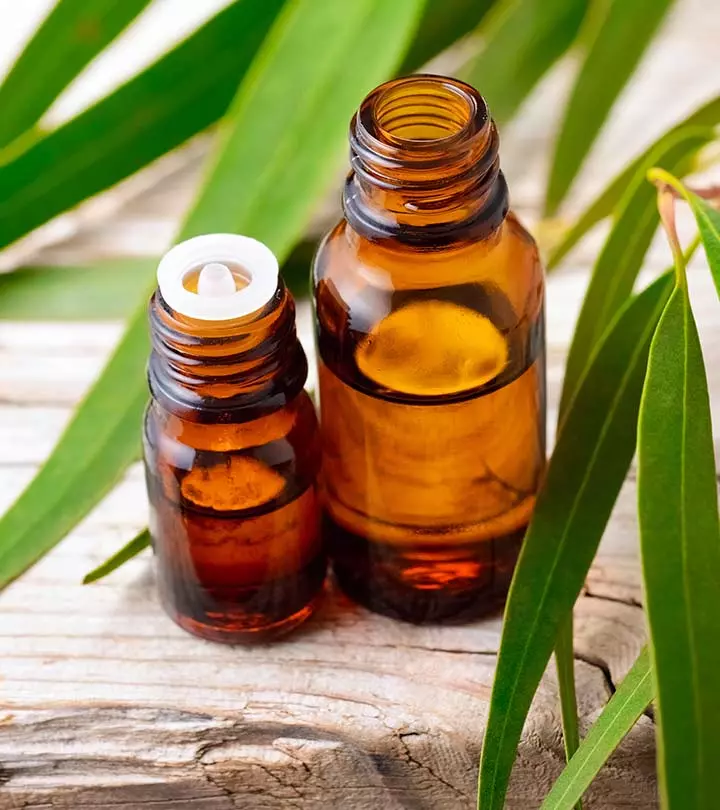
Image: Shutterstock
The benefits of eucalyptus oil are majorly attributed to its ability to reduce inflammation and prevent free radical damage. This highly beneficial oil is extracted from Eucalyptus globules and its closely related sub-species. It is said to reduce asthma through vapor inhalation (1).
Using this oil is as easy as it can get. You can simply add it to your warm bathwater to help soothe your skin. Some individuals also suggest eucalyptus oil is beneficial for the hair, but there is little scientific evidence to back this claim.
In this article, we discuss the health benefits of eucalyptus oil, its potential side effects, and how to use it effectively to tap its maximum potential. Let us get started!
 Know Your Ingredient: Eucalyptus Oil
Know Your Ingredient: Eucalyptus OilWhat Is It?
An essential oil derived from the leaves of Eucalyptus via steam distillation.
What Are Its Benefits?
Alleviates cold and flu symptoms, treats respiratory problems, soothes a sore throat, relieves muscle and joint pain, and fights fungal infections.
Who Can Use It?
It can be used for topical treatment in adults. Not recommended for infants and children.
How Often?
Regularly.
Caution
Avoid using it if you are allergic to it. Ingestion may be toxic.
In This Article
What Is Eucalyptus Oil?
Eucalyptus oil is made from the oval-shaped leaves of the eucalyptus tree native to Australia. The leaves are dried, crushed, and distilled to extract this oil. Eucalyptol is the main component of this essential oil and is known for its analgesic and anti-inflammatory properties. It has been used as a natural remedy for colds, wounds, and infections and to relieve muscle aches. It is used as the main ingredient in many products such as bath salts, cleansers, pastes, mouth freshers, and tinctures. In addition, it is known for its strong, woody-like aroma and antioxidant, anti-inflammatory, and analgesic properties.
Key Takeaways
- Eucalyptus oil may help clear your sinuses and relieve a runny nose.
- Aromadendrene, an important compound present in the oil can help fight off infections responsible for sore throat development.
- It contains eucalyptol, an active compound that helps relax muscles and relieve pain.
- However, overindulgence in eucalyptus oil may lead to seizures, vomiting, or skin irritation.
Health Benefits of Eucalyptus Oil
Eucalyptus oil is a well-known expectorant. Inhaling this oil can relieve a stuffy nose, congestion, wounds, headache, and microbial infections.
1. May Help Clear Sinus, Cold, And Flu

Eucalyptus oil was found to help alleviate symptoms of cold and flu. Eucalyptus has anti-inflammatory, antiviral, and decongestant properties. Traditionally, the oil is used to treat nasal congestion, asthma, runny nose, cough, sinusitis, and sore throat (2).
Eucalyptus oil contains phytochemicals called monoterpenes, including cineol, terpineol, and pinene. Inhalation of the oil (as part of aromatherapy) along with other essential oils was found to alleviate the symptoms of allergic rhinitis (3). Steam inhalation is also considered one of the most effective ways to use eucalyptus oil for sinus congestion and to clear nasal passages. For best results, add a few drops of eucalyptus oil in a bowl of hot water, wrap a towel over your head, and breathe in the steam for five to ten minutes. This technique offers instant congestion relief and aids in opening nasal passages.
Aromatherapy oil inhalation could be a safe and effective complementary therapy to improve the quality of life in those with allergic rhinitis (3).
Applying vapor rub containing menthol, camphor, and eucalyptus oil on the neck and chest of children was also found to reduce the severity of flu (4).
Eucalyptus oil is a versatile solution for relieving respiratory discomfort and speeding up recovery throughout the cold and flu season. You can add a few drops of it to steam baths or a diffuser, which can benefit your sinuses and provide relief and comfort.
2. May Aid The Treatment of Lung Ailments
Traditional medicine uses eucalyptus oil to address acute and chronic respiratory disorders.
Its principal active component, eucalyptol or 1,8-cineole, showed anti-inflammatory and anti-infective properties in cases of lung infection and inflammation (5). Further studies may give us more elaborate information on eucalyptus oil and its related properties (5).
It blocks the effect/damage caused by overexpression of pro-inflammatory compounds on lung cells. Eucalyptus oil compounds may also combat drug-resistant human pathogens like Mycobacterium tuberculosis and Staphylococcus aureus (5).
The anti-inflammatory properties of essential oils, like eucalyptus, may help those with chronic obstructive pulmonary diseasei A group of chronic inflammatory lung diseases. Breathing trouble due to obstruction of airflow to and from the lungs is a common symptom. (6).
3. May Treat Sore Throat

As per folk medicine, eucalyptus oil may help ease a sore throat. It also was used in folk medicine to treat pharyngitisi An inflammation of the throat that occurs due to a viral infection, causing difficulty speaking or swallowing. , among other infections (7).
Aromadendrene, a constituent of eucalyptus essential oil, was found to be effective against microbes that may cause sore throat (8).
4. May Relieve Pain And Inflammation
The oil is a muscle relaxant and may help alleviate pain.
It may also relieve headaches.
The most abundant monoterpene across the Eucalyptus species is eucalyptol. This monoterpene exhibits potent anti-inflammatory and analgesic (pain-killing) activities (9). Further investigation is needed to develop analgesic drugs from components of eucalyptus oil (10).
A combination of essential oils (including eucalyptus oil) was found to have a mentally relaxing effect. The oil could be used for treating headaches, though more research is warranted to prove this effect (11). Diluting the oil with a carrier oil and applying it to the affected area may help in the treatment of a headache.
Eucalyptol inhibits the synthesis of pro-inflammatory compounds (cytokines) in your immune system. Rat and human studies demonstrate its analgesic properties. Eucalyptus oil inhalation helps with pain relief and reduces swelling and inflammation in patients under postoperative care (9).
The proposed mechanism behind this activity could be the effect of odorants on the brain (olfactory centers). Strong/pungent smells can stimulate the central nervous system (CNS) to secrete serotonin – a critical neurotransmitter involved in pain and inflammation management (9).
5. Can Help Manage Fungal Infections
The bioactive ingredients of eucalyptus oil have potent antifungal and fungicidal activity. They help combat several fungal species.
According to laboratory experiments, this oil is effective against six pathogenic fungal strains. These include Penicillium digitatum, Aspergillus flavus, Colletotrichum gloeosporioides, Pythium ultimum, Rhizoctonia solani, and Bipolaris sorokiniana (12).
Eucalyptus oil can be used to manage fungal infections like toenail and nail bed infections, superficial onychomycosisi A fungal toe infection in children that causes superficial white patches on toenail plates to become crumbly over time. , etc. (13).
6. Acts As Insect Repellent
Mosquitoes and other bugs carry diseases, which are dangerous for your health. From studies, a 30 percent lemon eucalyptus worked as a potential mosquito repellent (14). A combination of eucalyptus and clove essential oils acts as an effective and safe mosquito repellent (15). In addition, when you compare neem oil with eucalyptus oil, eucalyptus oil was more effective against mosquito larvae at lower concentrations (16).
Emma, a beekeeper, aromatherapist, and blogger, shares how eucalyptus oil worked wonders for her! She sheds light on how eucalyptus oil can deter wasps and other insects with its overpowering smell. She writes, “I watched as wasps were frustrated by a seemingly invisible forcefield that rendered their attempts to enter futile. Wasps hate the smell of eucalyptus (i).”
Note: Many essential oils like eucalyptus are not safe for pets. Hence, exercise caution and consult a vet doctor in case of any emergencies.
7. May Freshen Your Breath

The antibacterial properties of eucalyptus oil may help fight the germs in the mouth that cause a bad odor. It is used as a natural mouthwash, which helps combat bad breath. Many types of mouthwash contain eucalyptus oil as an active ingredient. In addition, this essential oil may also prevent plaque buildup.
Note: Add 1-2 drops of eucalyptus oil to the water, gargle it, and then spit it out. Remember that it should not be swallowed.
8. May Help Treat Wounds
Eucalyptus oil has been used to treat wounds and minor burns. From studies, eucalyptus oil can effectively decrease inflammation, improve healing rates, and reduce infection risk (17). The antibacterial, antiseptic, and antifungal properties of this oil may help fight against cold sores, insect bites, cuts, and blisters. In addition, the anti-inflammatory properties of eucalyptus oil may help ease symptoms of herpes. However, only limited research is available to suggest that the oil may aid wound healing.
9. Promotes Skin Health And May Aid Acne Treatment
Eucalyptus oil was found to treat acne and other common skin ailments.
In rat studies, volatile oils from eucalyptus showed antimicrobial activity against Propionibacterium acnes. The oil was found to decrease sebum production by reducing the size of the sebaceous glands. This can help control the spread of acne (18). Propionibacterium acnes are bacteria that cause acne (19).
Eucalyptus oil is also used to treat abscessesi Buildup of painful pus in any part of the body that occurs when a tissue gets infected while the immune system fights it. , sepsis, bacterial dermatitis, athlete’s footi A contagious fungal skin infection in the toes that occurs when the feet are moist for a prolonged period. , fungal infections, insect bites, shingles, sores, burns, boils, and chickenpox (20).
Note: Never use eucalyptus oil (or any essential oil) directly on your skin. You might experience allergic reactions and skin rashes. This is the case with almost all undiluted essential oils (21).
Unless mentioned, always use a diluted preparation for skin care. Add a few drops of this oil to a carrier oil like coconut oil and apply the blend to the affected area. It’s best to learn about the right ways to use eucalyptus oil for skin to avoid any consequences.
10. Acts As Food Preservative
Eucalyptus oil is a natural food preservative. Its major constituents are limonene, terpinene, pinene, and cineole. These phytochemicals have antifungal properties. This oil protects a variety of foods and beverages from the action of spoilage yeast (Saccharomyces cerevisiae). Hence, it can serve as a potential food preservative (22). However, additional research is needed to confirm this application.
11. Eucalyptus Oil For Gums
Eucalyptus oil offers notable benefits for gum health. Its natural antibacterial properties make it effective in combating harmful oral bacteria, which can lead to gum disease and bad breath (23). It may also reduce swelling and discomfort. Anecdotal evidence suggests eucalyptus oil’s refreshing scent can be an effective treatment for bad breath.
To utilize its benefits for bad breath, dilute a few drops of eucalyptus oil in water to use as a mouthwash. You can also add a drop to your toothpaste. However, use it sparingly and ensure it’s food-grade. It is advisable to consult your dentist before introducing new products into your oral care routine, especially if you have specific dental concerns.
Essential oils have long been used for promoting human health. Among those, eucalyptus oil ranks towards the top. A part of the research has confirmed some of the benefits of the oil. In addition to what we have discussed, the oil has other uses.
 Trivia
TriviaHow To Use Eucalyptus Oil?
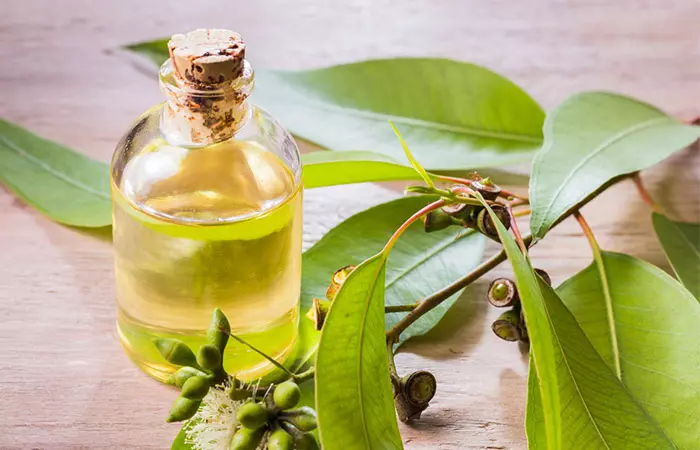
- Aromatherapy: Add a few drops of eucalyptus oil to the diffuser. You can sprinkle a few drops of eucalyptus oil into your bath.
- Leaves: Hang a mesh bag filled with eucalyptus leaves in your shower or add them to your bath.
- Tea: Use fresh eucalyptus leaves for preparing tea or tea bags made from ground leaves.
- Natural Floor Cleaner: You can add a teaspoon of eucalyptus oil to a bucket of hot water. Use this to mop and scrub floors. The oil works as a disinfectant or a natural floor cleaner.
- Deodorizer: This pungent-smelling oil is a perfect deodorizer. Add a few drops to the inner cardboard ring of the toilet rolls. Or put it in those areas of your washroom where water cannot reach. It can also be used to deodorize smelly shoes, trash cans, and compost bins.
 Did You Know?
Did You Know?The most important use of eucalyptus oil, as we have discussed, is for our health. In the following section, we have discussed how you can use the oil for maximum benefits.
What Is The Recommended Way To Take Eucalyptus Oil?
Some evidence suggests that oral intake of oil may cause toxicity (24). Hence, avoid ingesting the oil.
Scientific studies suggest that doses as low as 2-3 mL are enough to induce mild loss of consciousness (24).
Patients receiving about 4-5 mL or more of pure (100%) eucalyptus oil would get unconscious completely (25).
You could use formulations with 0.5%-3% of this oil or extract for topical application. However, there is less evidence regarding the safe dosage. Hence, it is best to consult your doctor.
Eucalyptus oil treatment is not recommended for infants and children. Studies have found that 3-5mL of 100% eucalyptus oil is sufficient to cause fatal complications in them (24).
Do not ingest eucalyptus oil as it can have undesirable effects. The topical application may also cause side effects in some individuals.
Side Effects And Risks Associated With Eucalyptus Oil

Eucalyptus oil overdose is toxic and can get fatal if untreated.
Ingesting as much as 3 ml of eucalyptus oil can cause a burning sensation in your mouth and throat, stomach pain, vomiting, erythema (skin redness), and lethargy (25), (26).
An overdose of this oil may cause seizures, and in severe cases, even coma (26).
A mixture of peppermint and eucalyptus oils could alter the absorption of an anticancer drug. But these herb-drug interactions are yet to be studied in detail (27).
There is no antidote to neutralize eucalyptus oil poisoning. Hence, its usage needs to be limited, and it should never be taken via the mouth.
In terms of topical application, we suggest you use any essential oil only after diluting it. Essential oils, when used as part of aromatherapy, may cause skin allergies in certain individuals (21).
Overdose of eucalyptus oil may cause some adverse reactions. Essential oils like these should be used with caution. But how do you select the best eucalyptus oil? Read on to know more.
How To Choose The Best Eucalyptus Oil?
If you want to buy eucalyptus oil, you should consider some important points.
- Go For Organic Formulas
In general, essential oils are available in very concentrated forms. If you want to make sure that you are not exposing any synthetic ingredients, choose the oils with organic seals.
- Look For Third-Party Verification
Always choose products from a reputable seller. They usually have the reports, which are given by the third parties after checking the products thoroughly. Also, these agencies verify the chemical breakdown of the products and ensure they are not tampered with.
- Check Labels
Always check labels carefully when choosing eucalyptus oil. In general, high-quality oils are packed in amber or blue light-resistant glass. In addition, look for the species they are derived from, processing methods, and country of origin.
Infographic: 6 Reasons For Using Eucalyptus Oil
Eucalyptus essential oil is a goldmine of health benefits. It helps you deal with pain, bad odor, infections, inflammation, and more. Take a look at the infographic below and you will be amazed by the properties of this magical oil. Scroll down to find out more!

Illustration: StyleCraze Design Team
Eucalyptus oil could be used as an expectorant to help relieve respiratory health issues like cough and congestion with its anti-inflammatory properties. Rich in active compounds like phytochemicals and monoterpenes, eucalyptus oil helps alleviate symptoms of sinus, flu, and allergic rhinitis. It is suggested that it may promote dental health and provide immune system support. However, more research is needed to support these claims. Eucalyptus oil benefits are also used in aromatherapy in combination with other essential oils for stress relief and to promote mental well-being. Other than that, it can also be used as a deodorizer, disinfectant, and potential food preservative. It should strictly be taken in the prescribed dosage and should be avoided for children and infants.
Frequently Asked Questions
Can you inhale too much of eucalyptus oil?
More research is warranted here. Some evidence links inhaling eucalyptus oil to possible seizures, but the research is limited (28).
Does eucalyptus oil work for hair growth? How to use it?
There is no research that eucalyptus oil can promote hair growth. However, you may use it in your hair care routine to help eliminate head lice. In one study, most subjects that used a solution with eucalyptus oil as one of the ingredients found that their head lice died (29). It’s best to dilute it with any hair oil or coconut oil and then massage the scalp with the oil blend. You can also consider learning more ways to use eucalyptus oil for hair and understand how it may help maintain hair health.
Is eucalyptus oil good for sleeping?
Inhaling eucalyptus oil may induce a feeling of relaxation and might promote sleep. More research is needed to prove these effects.
Does eucalyptus oil clog pores?
There is no evidence stating that the oil may clog pores.
Can you use eucalyptus oil in a diffuser?
Yes, you may. But check with your doctor about the safety of inhaling the oil. Too much inhalation of its aroma may cause harm.
Is eucalyptus oil effective for Covid?
Essential oils act as an effective alternative for the treatment of Covid-19. The presence of eucalyptol in eucalyptus oil can be utilized as a potential inhibitor against Covid (30). However, more research is warranted to prove these claims.
How many times in a day can you steam with eucalyptus?
You can steam with eucalyptus 2-3 times a day. Steam for at least five minutes or as advised by your doctor.
Is eucalyptus oil good for anxiety?
Yes. Eucalyptus oil contains 1,8 cineole, a major active compound in eucalyptus, inhaling which helps in reducing stress and anxiety (31).
Illustration: Health Benefits Of Eucalyptus Oil And How To Use It
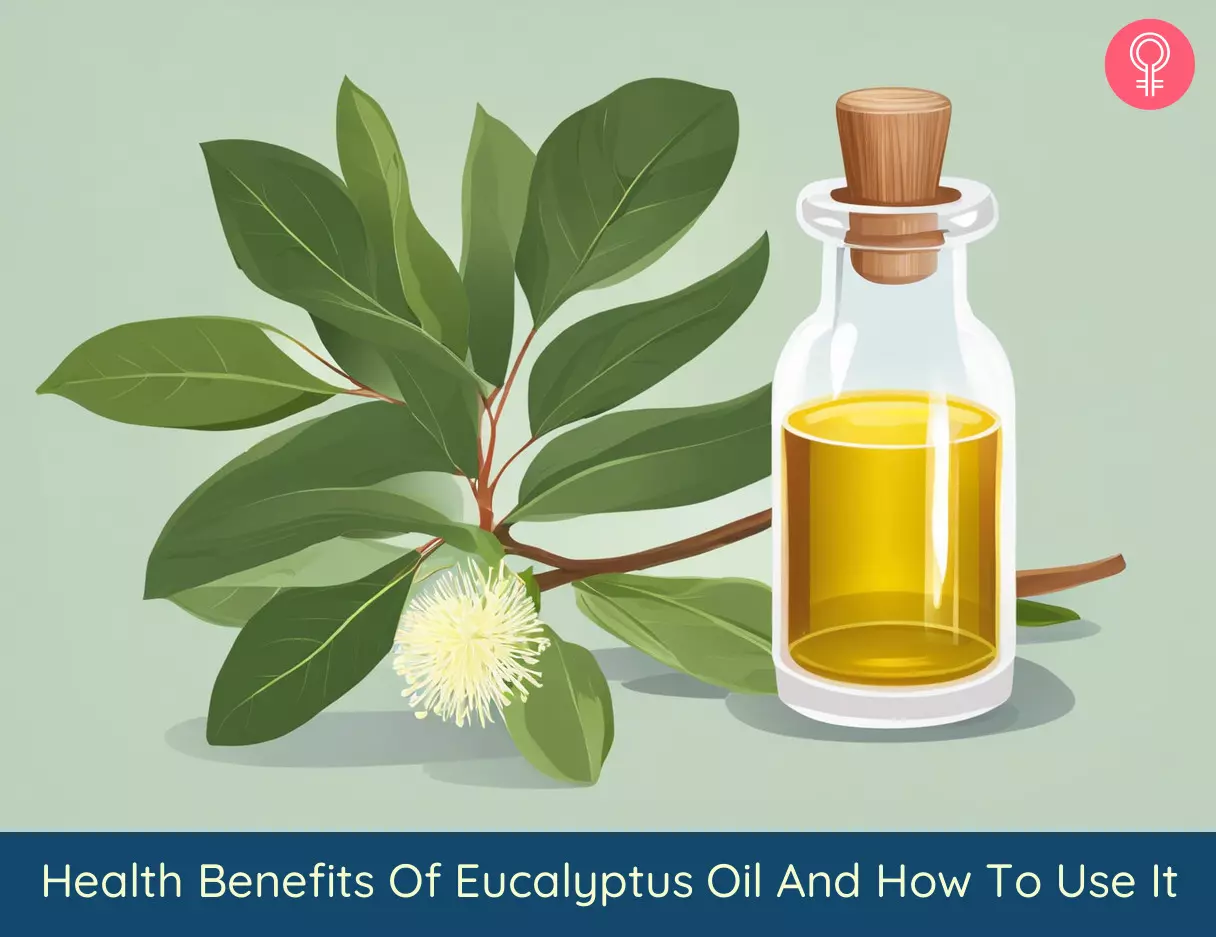
Image: Stable Diffusion/StyleCraze Design Team
Discover the amazing benefits of the beautifully scented eucalyptus essential oil! Watch this video to learn how it can help improve your health, skin, and more!
Personal Experience: Source
StyleCraze's articles are interwoven with authentic personal narratives that provide depth and resonance to our content. Below are the sources of the personal accounts referenced in this article.
i. Eucalyptus – so bite me!https://missapismellifera.com/2010/03/20/eucalyptus/
References
Articles on StyleCraze are backed by verified information from peer-reviewed and academic research papers, reputed organizations, research institutions, and medical associations to ensure accuracy and relevance. Read our editorial policy to learn more.
- Immune-modifying and antimicrobial effects of Eucalyptus oil and simple inhalation devices
https://pubmed.ncbi.nlm.nih.gov/20359267/ - Phytoneering: a new way of therapy for rhinosinusitis
https://www.ncbi.nlm.nih.gov/pmc/articles/PMC4443571/ - Effect of Inhalation of Aromatherapy Oil on Patients with Perennial Allergic Rhinitis: A Randomized Controlled Trial
https://www.ncbi.nlm.nih.gov/pmc/articles/PMC4808543/ - Prevention and treatment of the common cold: making sense of the evidence
https://www.ncbi.nlm.nih.gov/pmc/articles/PMC3928210/ - Suppression of inflammatory and infection responses in lung macrophages by eucalyptus oil and its constituent 18-cineole: Role of pattern recognition receptors TREM-1 and NLRP3 the MAP kinase regulator MKP-1 and NFκB
https://www.ncbi.nlm.nih.gov/pmc/articles/PMC5687727/ - Anti-inflammatory effects of myrtol standardized and other essential oils on alveolar macrophages from patients with chronic obstructive pulmonary disease
https://www.ncbi.nlm.nih.gov/pmc/articles/PMC3521325/ - Chemical composition of 8 eucalyptus species’ essential oils and the evaluation of their antibacterial antifungal and antiviral activities
https://www.ncbi.nlm.nih.gov/pmc/articles/PMC3475086/ - Antibacterial activity of essential oils from Eucalyptus and of selected components against multidrug-resistant bacterial pathogens
https://pubmed.ncbi.nlm.nih.gov/21591991/ - Effect of Eucalyptus Oil Inhalation on Pain and Inflammatory Responses after Total Knee Replacement: A Randomized Clinical Trial
https://www.ncbi.nlm.nih.gov/pmc/articles/PMC3703330/ - Analgesic and anti-inflammatory effects of essential oils of Eucalyptus
https://pubmed.ncbi.nlm.nih.gov/14611892/ - Essential plant oils and headache mechanisms
https://pubmed.ncbi.nlm.nih.gov/23196150/ - Fungicidal and fungistatic activity of some plant essential oils against Alternaria solani the causal of tomato early blight
https://www.researchgate.net/publication/309529168_Fungicidal_and_fungistatic_activity_of_some_plant_essential_oils_against_Alternaria_solani_the_causal_of_tomato_early_blight - Is eucalyptus oil an effective antifungal treatment for onychomycosis with and without nail matrix infection?
https://www.ncbi.nlm.nih.gov/pmc/articles/PMC4595230/ - Repellency of oils of lemon eucalyptus geranium and lavender and the mosquito repellent MyggA natural to Ixodes ricinus (Acari: Ixodidae) in the laboratory and field
https://pubmed.ncbi.nlm.nih.gov/16892632/ - Repellent Efficacy of Eucalyptus globulus and Syzygium aromaticum Essential Oils against Malaria Vector Anopheles stephensi (Diptera: Culicidae)
https://www.ncbi.nlm.nih.gov/pmc/articles/PMC8643535/ - Utilizing larvicidal and pupicidal efficacy of Eucalyptus and neem oil against Aedes mosquito: An approach for mosquito control
https://www.ncbi.nlm.nih.gov/pmc/articles/PMC6542315/ - Commercial Essential Oils as Potential Antimicrobials to Treat Skin Diseases
https://www.ncbi.nlm.nih.gov/pmc/articles/PMC5435909/ - New Perspectives on Antiacne Plant Drugs: Contribution to Modern Therapeutics
https://www.ncbi.nlm.nih.gov/pmc/articles/PMC4132408/ - PROPIONIBACTERIUM ACNES AND CHRONIC DISEASES
https://www.ncbi.nlm.nih.gov/books/NBK83685/ - Commercial Essential Oils as Potential Antimicrobials to Treat Skin Diseases
https://www.ncbi.nlm.nih.gov/pmc/articles/PMC5435909/ - Allergic airborne contact dermatitis from essential oils used in aromatherapy
https://pubmed.ncbi.nlm.nih.gov/8565250/ - Eucalyptus Essential Oil as a Natural Food Preservative: In Vivo and In Vitro Antiyeast Potential
https://www.ncbi.nlm.nih.gov/pmc/articles/PMC4142273/ - Clinical effects and management of eucalyptus oil ingestion in infants and young children
https://pubmed.ncbi.nlm.nih.gov/7651249/ - Eucalyptus Oil Poisoning
https://www.ncbi.nlm.nih.gov/pmc/articles/PMC4721170/ - A Pediatric Case of Accidental Eucalyptus Oil Poisoning from New Delhi India: Emergency Measures Historical Context and Implications for Practice
https://www.ncbi.nlm.nih.gov/pmc/articles/PMC6825461/ - Enhancing effect of essential oils on the penetration of 5-fluorouracil through rat skin
https://pubmed.ncbi.nlm.nih.gov/9206269/ - Eucalyptus oil inhalation–induced seizure: A novel underrecognized preventable cause of acute symptomatic seizure
https://www.ncbi.nlm.nih.gov/pmc/articles/PMC5862119/ - The efficacy of Australian essential oils for the treatment of head lice infestation in children: A randomised controlled trial
https://www.ncbi.nlm.nih.gov/pmc/articles/PMC6001441/ - Essential oils as an effective alternative for the treatment of COVID-19: Molecular interaction analysis of protease (M pro) with pharmacokinetics and toxicological properties
https://pubmed.ncbi.nlm.nih.gov/33848890/ - The Effect of 1,8-Cineole Inhalation on Preoperative Anxiety: A Randomized Clinical Trial
https://www.ncbi.nlm.nih.gov/pmc/articles/PMC4083598/
Read full bio of Dr. Jeanny Kim
Read full bio of Sindhu Koganti
Read full bio of Ravi Teja Tadimalla
Read full bio of Aparna Mallampalli







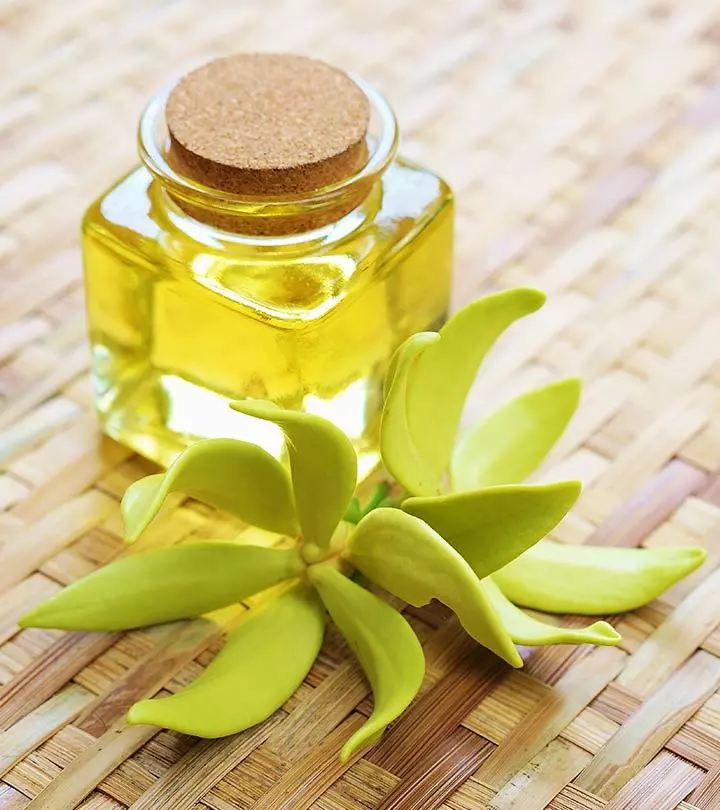

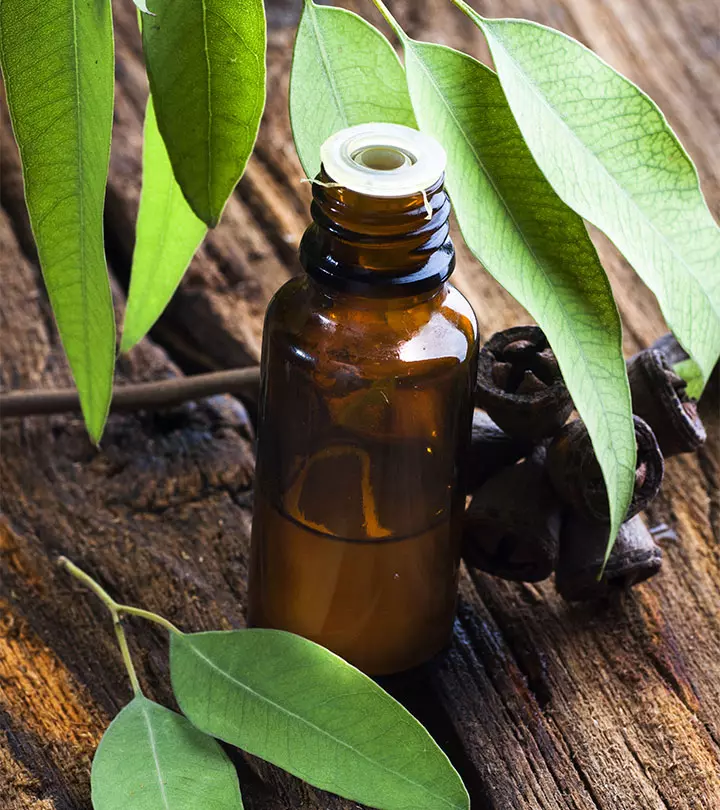

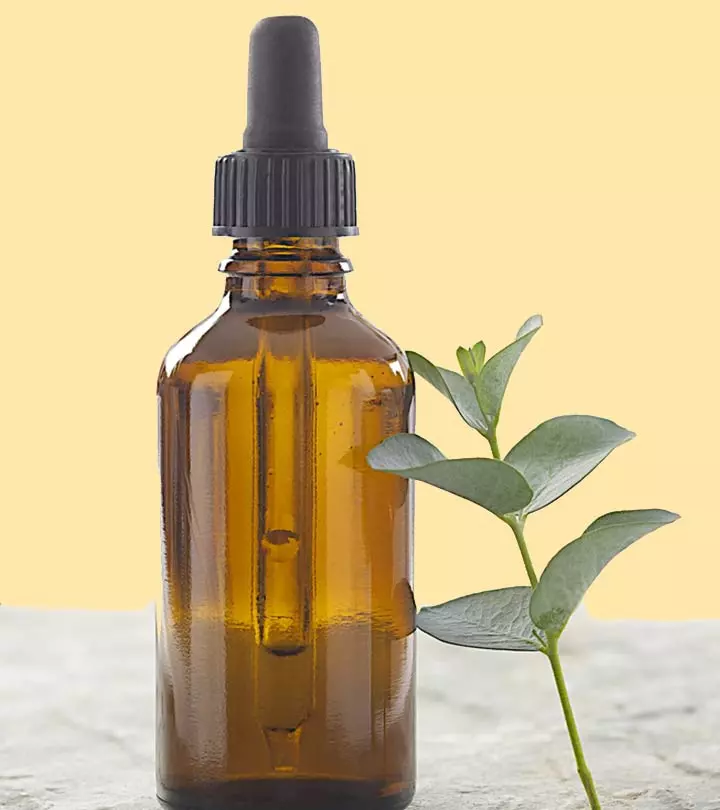


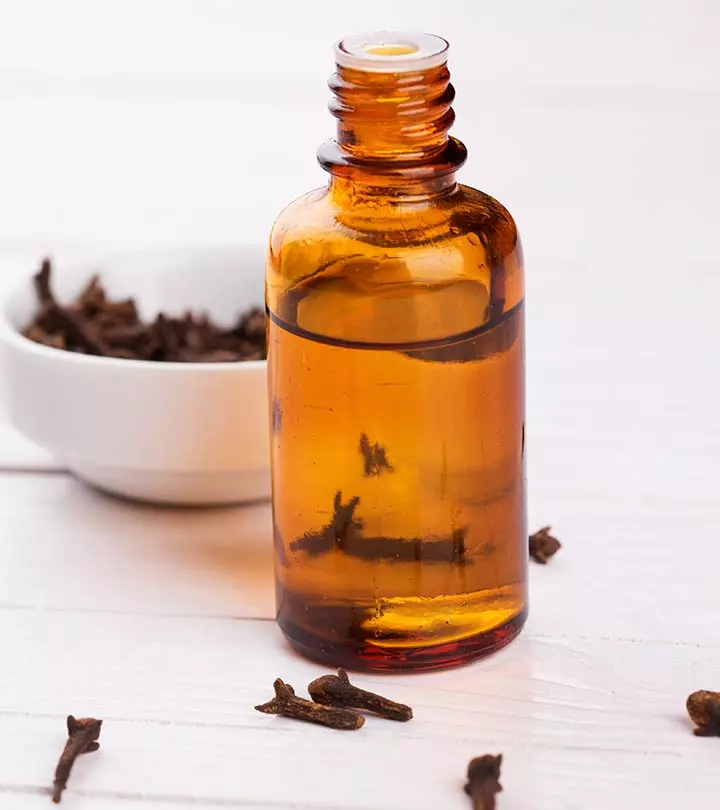
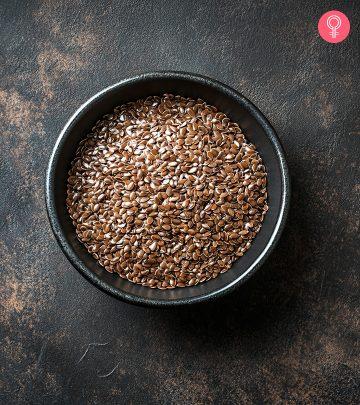
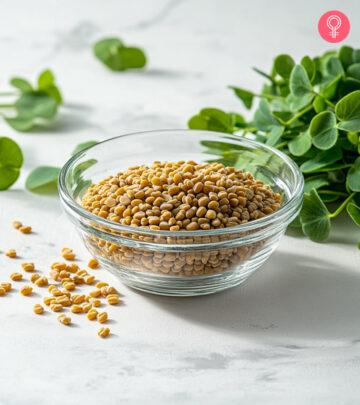

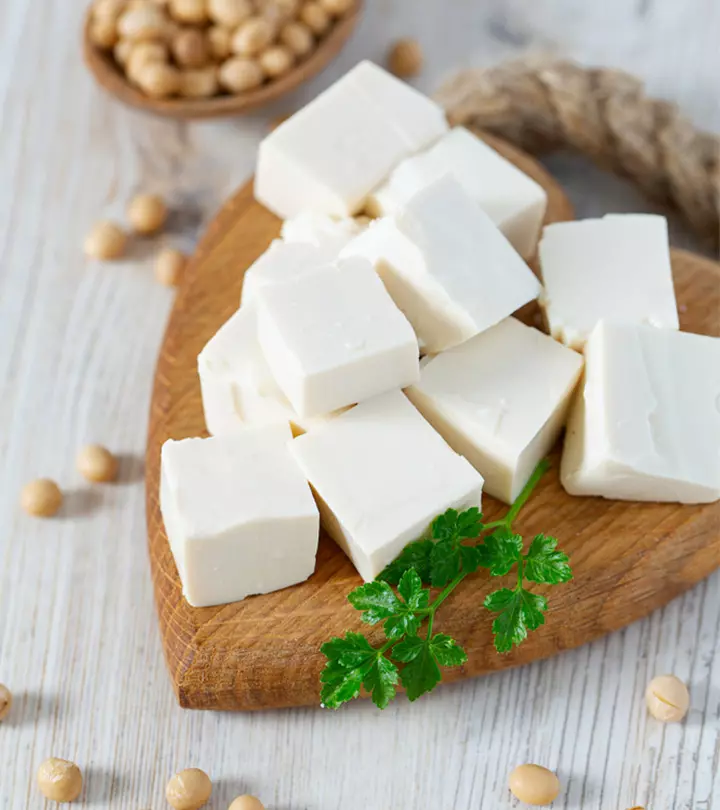
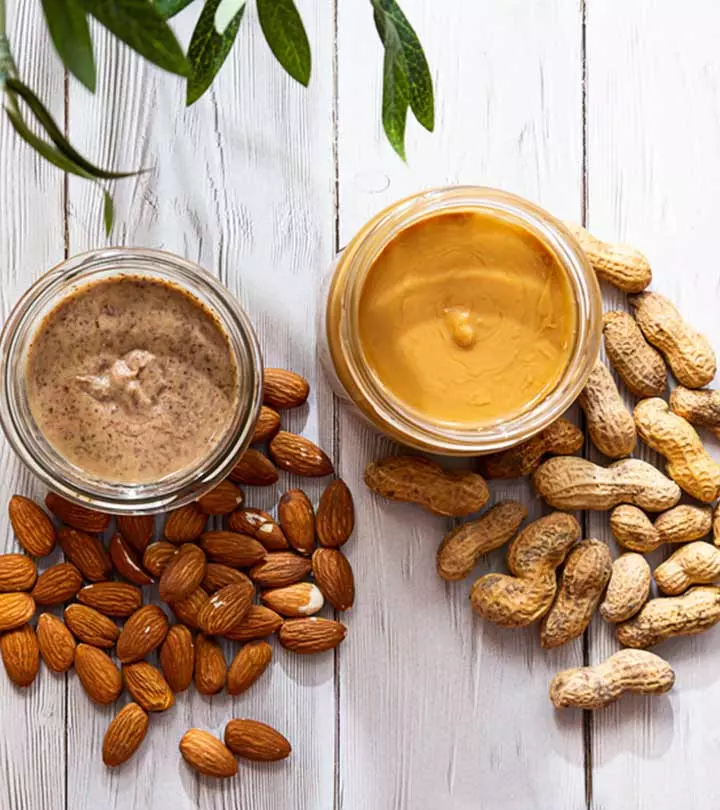

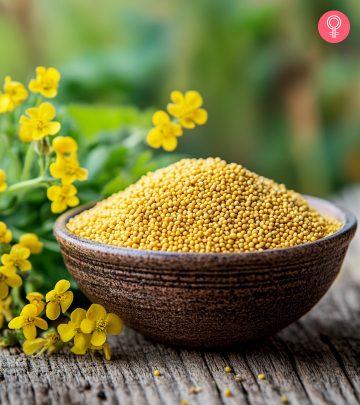





Community Experiences
Join the conversation and become a part of our empowering community! Share your stories, experiences, and insights to connect with other beauty, lifestyle, and health enthusiasts.